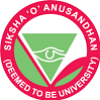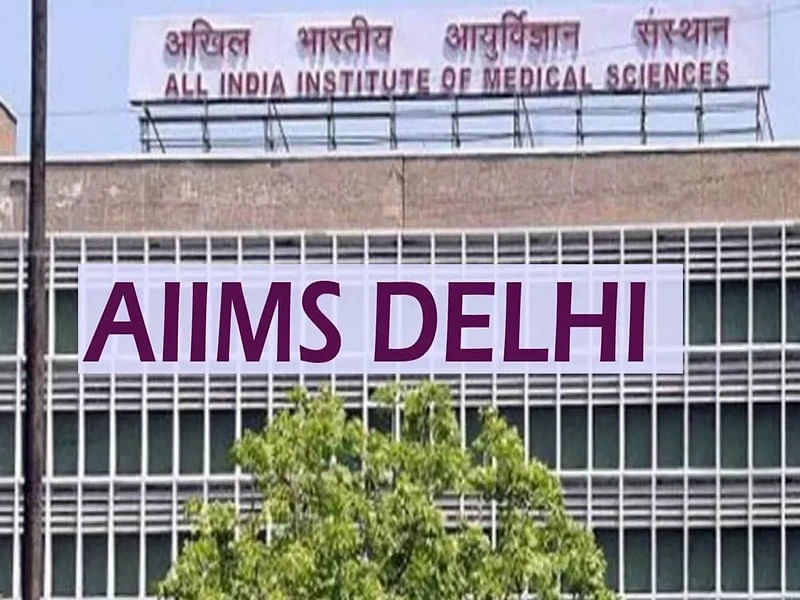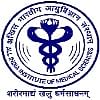DM Syllabus and Subjects

DM curriculum includes subjects like Tumors of the heart, Rheumatic heart disease, Cardiac arrhythmias, Renal Transplantation and many more. In addition to Medicine's basic disciplines like Medicine valuation, the regulatory process, and law. Through a unique blending of likely disciplines, you will get the knowledge about how you need to start your career in this sector. The Doctorate Medicine course syllabus is listed below.
Semester Wise DM Syllabus
The syllabus of the DM has various subjects such as Geneticist, Oncologist, Physician, Clinical Pharmacologist, Cardiologist, Gastroenterologist, Neurologist, Radiologist etc. The DM course cover a wide range of topics and are divided into Six semesters. The semester-by-semester DM subject list is listed below:
DM First Year Syllabus
The table below contains the list of DM subjects in the first year:
|
Semester I |
Semester II |
|
Applied basic science knowledge |
Biostatistics and clinical epidemiology |
|
Diseases concerning General Medicine |
Diagnostic investigation and procedures recent |
|
Recent advances in Medicine |
- |
DM Second Year Syllabus
The table below contains the list of DM subjects in the second year:
|
Semester III |
Semester IV |
|
Monitoring seriously ill patients |
Ability to carry out research |
|
CounsellingGynaecologists patients and relatives |
Ward patient management |
|
Ability to teach undergraduate students |
OPD patient management |
DM Third Year Syllabus
The table below contains the list of DM subjects in the third year:
|
Semester V |
Semester VI |
|
Long and short topic presentations |
Journal conferences |
|
Ward rounds, case presentations and discussions |
PG case presentation skills |
|
Clinico-radiological and clinicopathological conferences |
Research review |
DM Subjects
DM subjects cover a wide range of subjects and topics that are essential for aspirants to learn over the course of Three years. Subjects for the DM are divided into core and elective categories. The following is a list of DM subjects:
DM Core Subjects
The core DM subjects list of essential subjects that all DM students study, is as follows:
- Coronary artery disease
- Pericardial diseases
- Peripheral vascular disorders
- Systemic diseases involving the heart
- Tumors of heart
- Rheumatic heart disease
- Cardiac arrhythmias
- Renal Transplantation
- Renal Failure
- Recent Advances in Nephrology
- Diabetes Mellitus
- Thyroid
- Medical Audit
- Cardiovascular Endocrinology
- Molecular Biology
- Cirrhosis
- Acute Liver failure
Practicals:
- Practical Session
- Seminar
- Internship
- Project Work
DM Elective Subjects
- Dermatology
- Venereology
- Leprosy.
- General Medicine.
- Paediatrics.
- Psychiatry.
- Radio-diagnosis
DM Course Structure
A Doctorate course is divided into core and optional courses. The first several semesters of the Doctorate programme are devoted to core studies. The core curriculum could take up to one academic year to complete, depending on the Doctorate programme. The following candidates have the option to tailor their Doctorate programme in the three years by selecting electives depending on their post-Doctorate employment ambitions.
By selecting elective courses and concentrations, students can also decide to specialise in particular areas of their field. These specialisations are an effective signalling tool to let potential employers know your post-Medicine career aspirations.
The subjects in the DM course teach not only theoretical knowledge but also practical and interpersonal skills that are necessary. The following is a breakdown of the DM course structure:
- VI Semesters
- Core Courses
- Elective Courses
- Practicals
- Seminars
- Internship
- Project Work
DM Teaching Methodology and Techniques
DM has its own set of teaching methodologies and techniques. Practical lessons teach subjects so students can understand what is being taught to them. Different Doctorate programmes use various teaching strategies. Medicine schools use case studies, group projects, and other types of action-based learning in addition to standard lecture-based instruction to increase the effectiveness of instruction.
As a result, additional information regarding the course's theory and implementation is gained. The following are the various teaching approaches used in the DM course:
- Practical /Project sessions
- Internship
- Seminars
- Regular Lectures
DM Course Projects
Through project-based learning, the DM programme focuses on group projects and activities are a common teaching strategy. Teams of six to eight students each work on assignments and other course-related tasks as they progress through the course.
Working on projects is primarily intended to ensure that students understand the concepts from beginning to end. The following are some of the most common DM projects:
- The significance of measures of various companies and organizations in response to a sudden outbreak of COVID-19.
- The recent research and responses of various countries for the treatment of COVID-19.
- Health management concerns for the bedridden patients and detailed analysis of rehabilitation centres within Saudi Arabia.
- Prevalence of alcohol abuse and energy drinks among female students within KSA and analysis of its impact on their study patterns.
- Analysis of the patterns of physical activity changes among men and women, with the help of using E-health platforms and evaluating the positive effects on the lives of people.
- Analyzing the increasing rate of borderline personality disorder among individuals, and its association with childhood maltreatment and trauma.
DM Course Books
The DM books give students an in-depth study of their area of concentration in addition to providing a foundational understanding of the course. Students can access the textbooks for the course both online and offline. Students can make an informed decision by thoroughly understanding the course requirements by downloading the course details prior to enrolling in the course.
The following are the reference books for the DM syllabus:
|
Name of Book |
Author |
|
Marks’ Basic Biochemistry |
Lieberman, Peet, Marks |
|
Moore’s Essential Clinical Anatomy |
Moore, Agur, Dalley |
|
Andreoli and Carpenter’s Cecil Essentials of Medicine |
Benjamin, Griggs, Wing, Fitz |
















